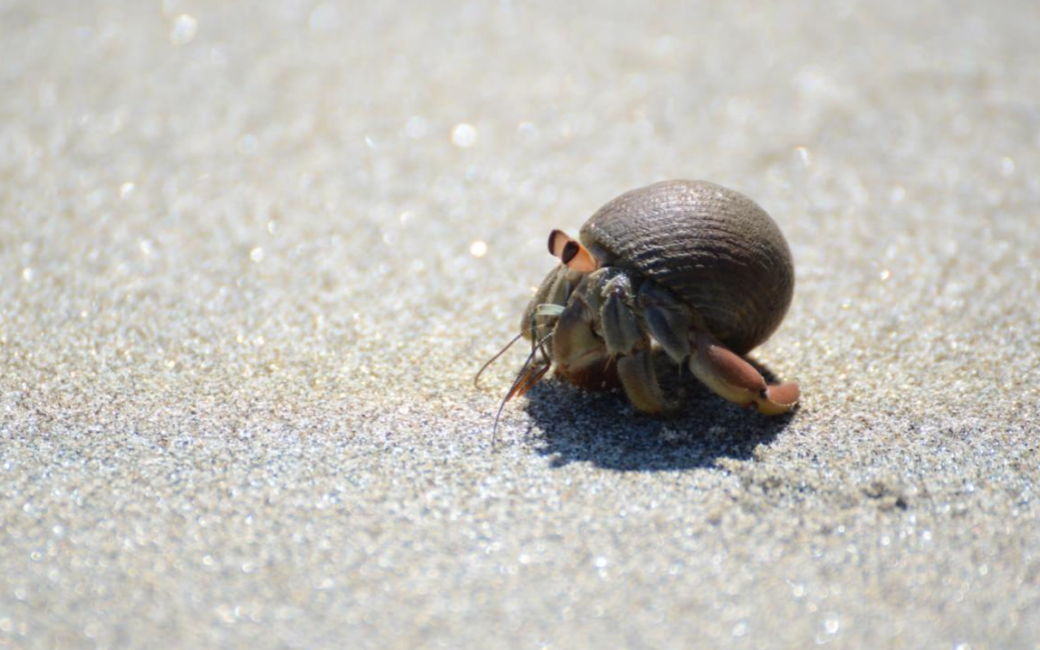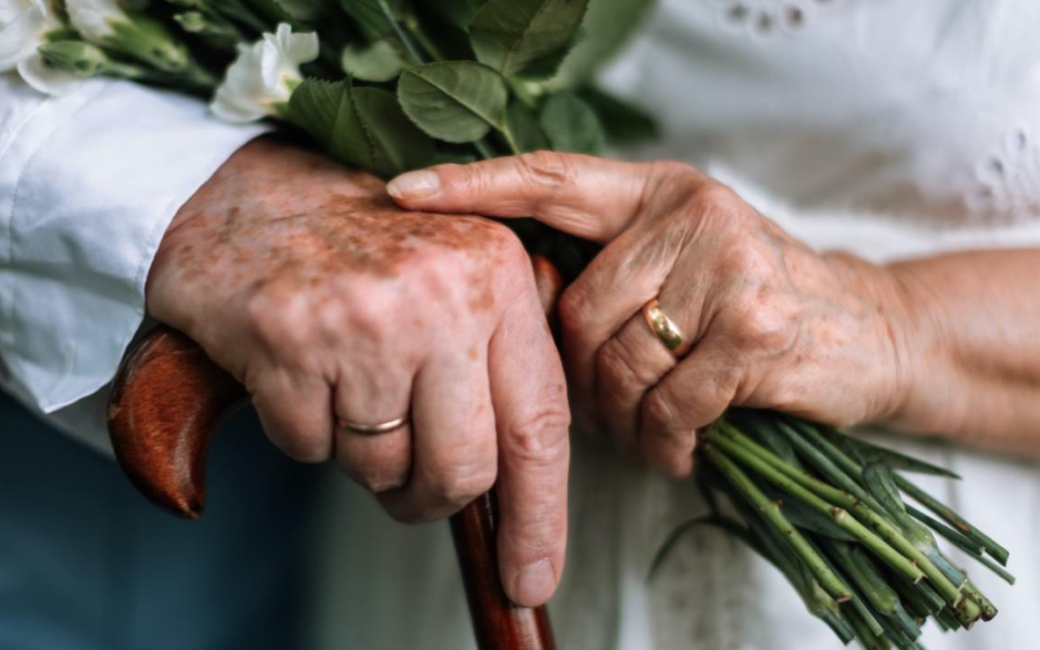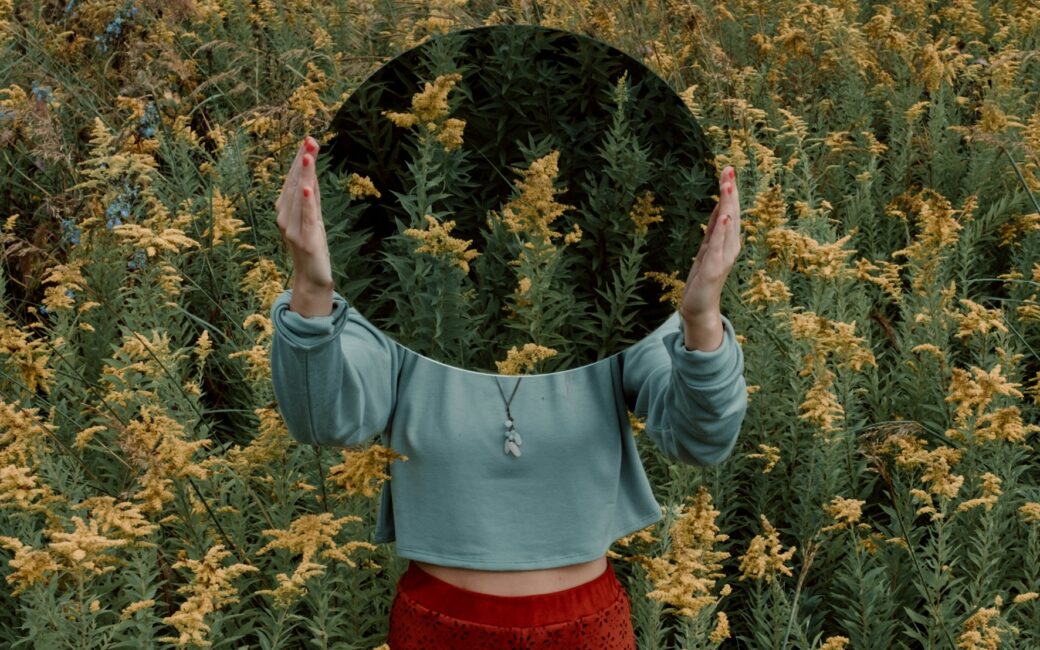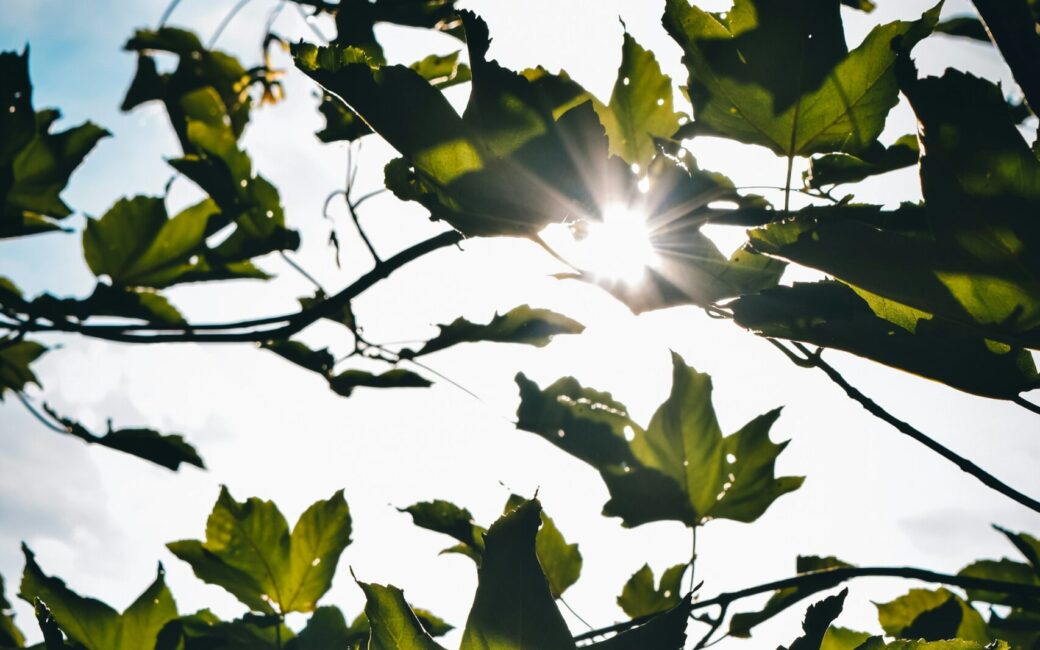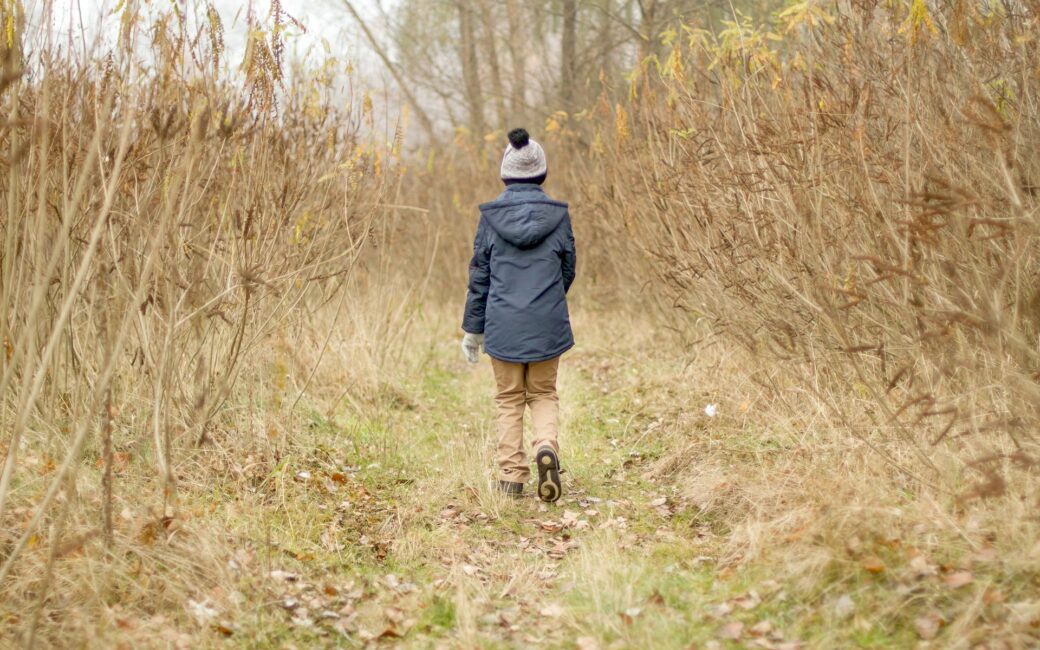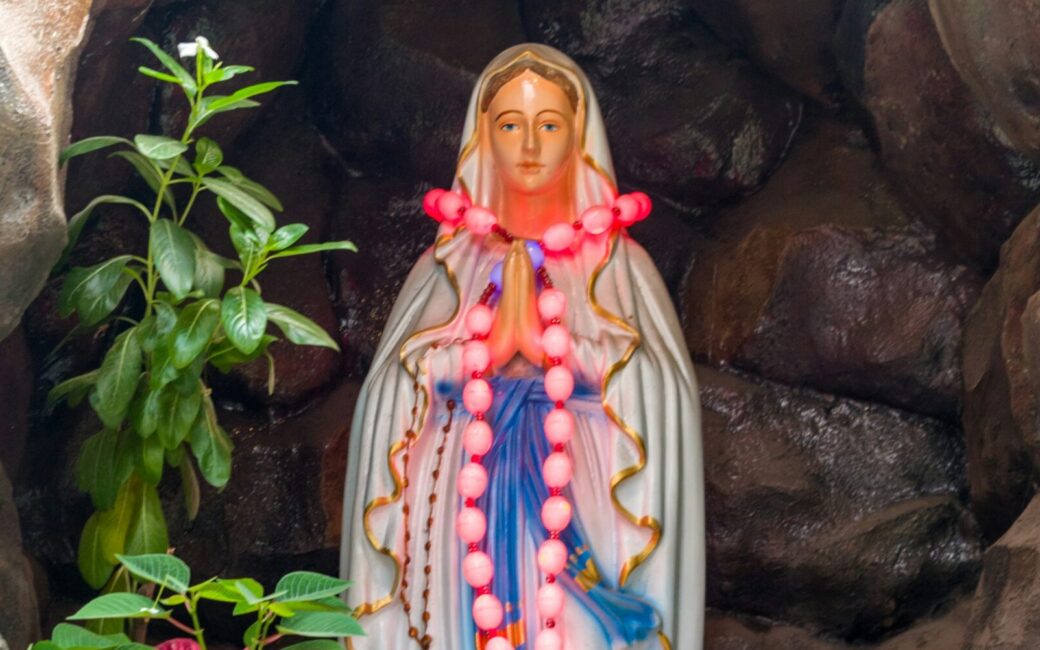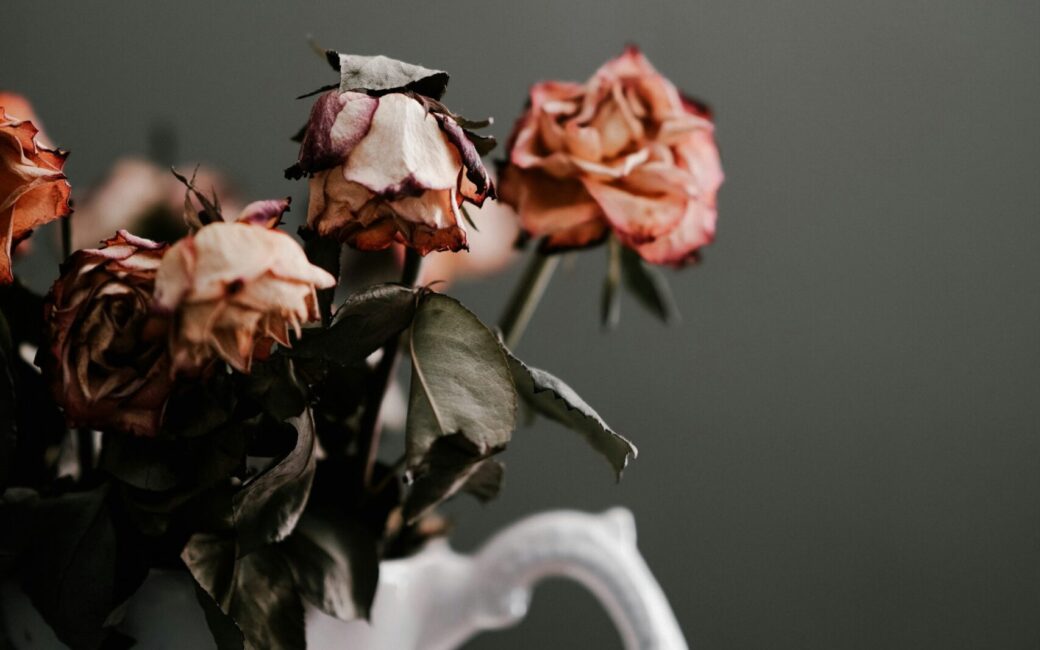Waves
My in-laws’ summer house is two thousand and eighty-two steps from the Marmara Sea. The kids count as we walk, sandals slapping, zig-zagging the landmines of rotting figs and dog turds. Three summers ago, we only had Sibel and Erol. Now there’s Beril, the last one, fat-thighed anchor around my waist. We gave them names that work in both Turkish and English. Names designed to ferry them safely between their father’s culture and mine.
At the beach, we find cigarette butts. Bottle caps. Glass shards. A dirty diaper, plump with disdain, wedged between stone wall and trash can. Making the best of things, I find a clean patch wide enough to set up the chaise lounge, spread the towels and toys out, and warn the kids not to dig too deep. Little Beril stays near, content as a monk in a garden, scraping her shovel, filling her bucket with ancient rock glitter. Sibel and Erol run screeching toward the water. They hobble at the edge where pebbles collect, harder to walk on. As you go out farther, the sand takes over again. It stays shallow a while. You can wade almost to the end of the pier. Then it drops off, with a corresponding plunge in temperature, and you know the ocean’s touched you. This is where they turn back, call out to me.
When (if) Orhan shows up, he’ll make them swim. He’ll carry one on his back, pull the others by their arms, far out into the cold, scary part. He knows the resting points—boulders and sandbars breaking the deep where they can pause when they get tired, shout and wave at each other across a blue-black expanse. I can see them again, the way they were three years ago. The ideal children Orhan imagined we’d have. Before they began to defy and deceive, to push for selfhood. Before he retaliated by raising the branch of his love too high, and taught them to fight for it.
I was seven months pregnant with Beril on our last visit. Erol was two and couldn’t swim but didn’t know it. I kept pulling him back, and he kept toddling into the water, eyes wide, mouth open, and stood there, wobbling in ecstasy as the waves crashed into him. Sibel, who was four, forgot I existed, calling “Daddy, Daddy!” all day long, begging him to take her back out into the deep. The kids adored him that summer. I watched them with my hand on the calm waters of my womb, reassured that I’d made the right choice. That one more baby would make Orhan—and, thereby, all of us—happy. I imagine him back at the house now, enjoying a leisurely breakfast with his mother waiting on him as she did until he moved abroad for college, wife and children (shooed off to the beach) waiting for him. Perhaps for the moment, at least, Orhan is satisfied, reliving the ease of his youth.
The waves bear flotillas of jellyfish the color and size of lychee fruit, harmless unless you grab them, and a few that are huge and lightning-charged as the lost contact lenses of Zeus. The kids shriek whenever something in the water brushes them. They come crying they’ve been stung, but no marks. I say it must’ve been seaweed. Look back at the sweat-dampened page of the book I’ve been pretending to read as a way of being alone inside myself. It’s almost ten and getting hot.
But a discovery, at last, draws me out: dozens of hermit crabs, in shells like severed ice cream cone tips. We capture as many as we can, put them in a bucket filled with seawater, kelp, a little sand-scape. They put out claws and feelers, start to get the gist. Then they panic, scurrying around the perimeter of the bucket, getting nowhere. Each kid picks a crab and says I’m this one. We watch them battle. First Sibel’s crab is winning; then Erol’s crab. “That’s you, Mommy!” says Sibel. She means a small, harried one with a hanging leg. Wounded, but still going. We all know which one’s Daddy—the big bully, emboldened by an extra-large shell.
Long after the kids have moved on, redirecting their energies to complaint of hunger or thirst or fatigue, I find myself unable to stop watching the crabs do laps around the bucket, crashing into and running over each other. I think of the thing we all want: escape.
“Why does daddy do this?” Sibel furiously flings these words, and herself, into the sand.
“I don’t know, sweetheart.”
“He’ll be mad if we leave,” says Erol, lip trembling.
“No, he’ll understand,” I say. It’s a hope, a lie, a mix of both.
Beril alone is unperturbed, still certain of her own perfection. But I’ve seen this before. It can’t last.
Dumping the bucket of crabs back into the waves, I see it’s already too late. The big bully crab has subdued all the others, pinching off their legs and eye-stems, dooming them to drift, blind and rudderless, waiting for the pain to end.
We take a side street, in case Orhan is finally on his way. If we ran into him, he’d drag us all right back to the beach, tired or not. Sibel, the fiercest resister, is small enough yet that he could carry her—and he would, kicking and screaming. Once he got her back to the water he’d say, See, what was all the fuss about? I’d check her later, out of his sight, for bruises. What will I do, I wonder, when the first mark appears, dark as a crushed plum, on my child’s skin? Will it be enough to propel me—frightened, overburdened—into the unknown reaches?
I say, “Hold my hand, Erol,” because he needs me to. With Beril on my hip, Sibel out in front, we walk back to the house that’s not ours, each of us preparing, in different ways, for what awaits.
Francesca Leader
Francesca Leader is a self-taught writer and artist originally from Western Montana. Her writing has appeared or is forthcoming in Wigleaf, Fictive Dream, Barren, CutBank, the Leon Literary Review, JMWW, the Mom Egg Review, Stanchion, Streetcake, Bullshit Lit, the revival issue of Shō Poetry Journal, and elsewhere. Learn more about her work at inabucketthemoon.wordpress.com, or connect with her on Instagram at @moon.in.a.bucket and Twitter at @mooninabucket.

